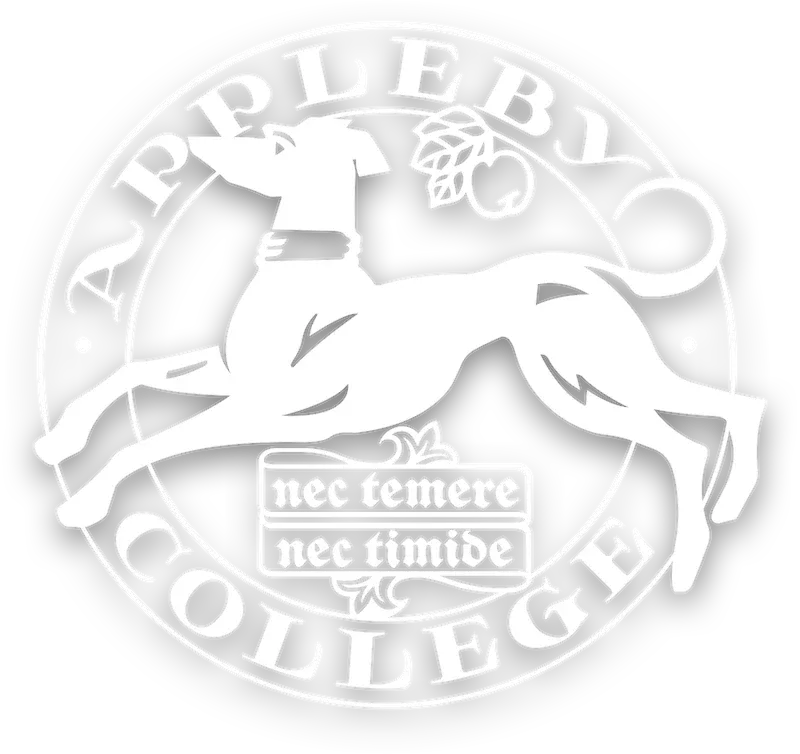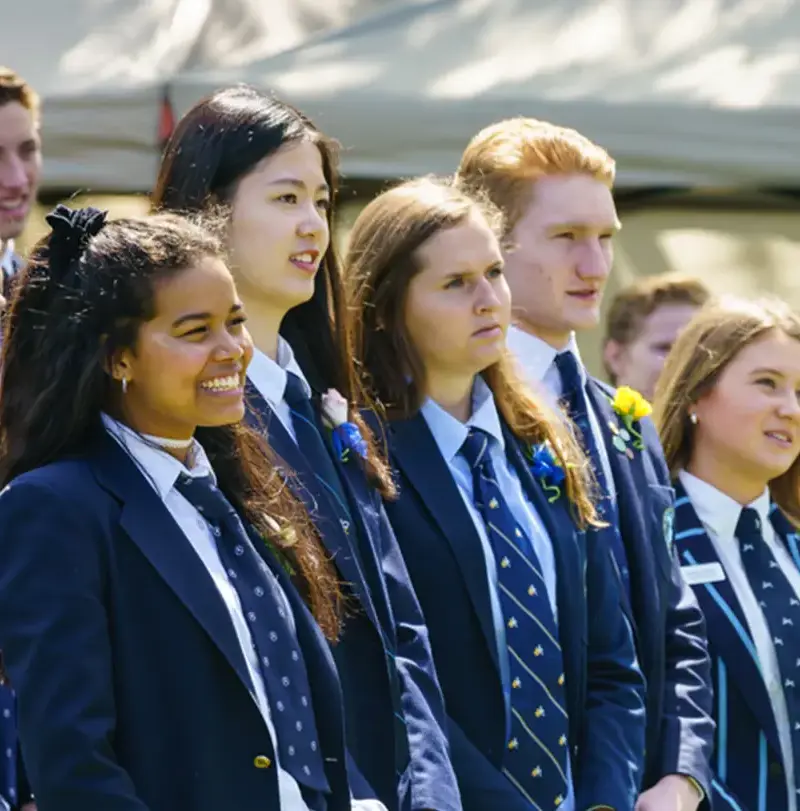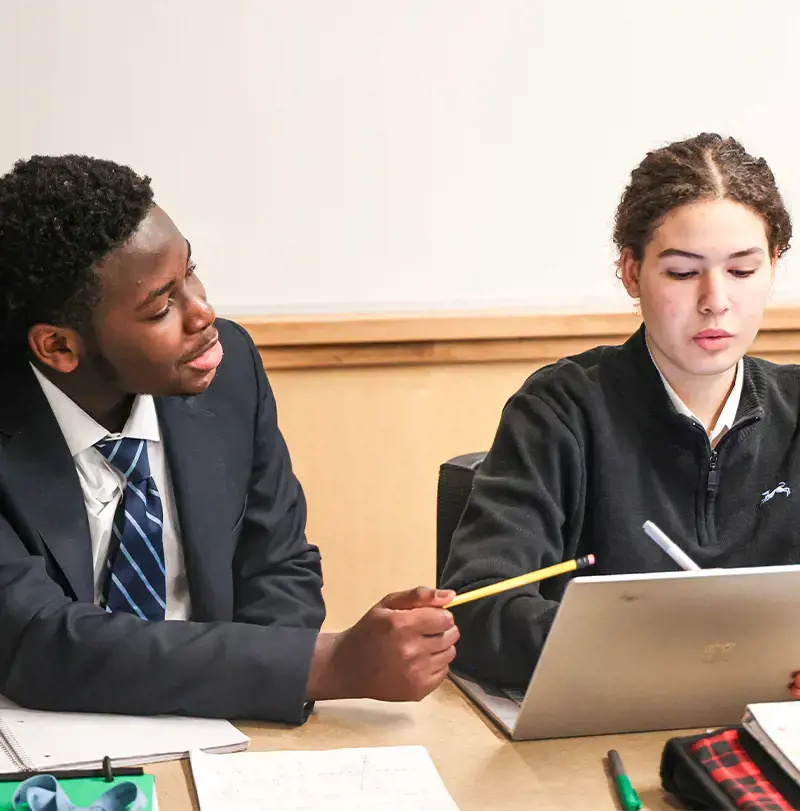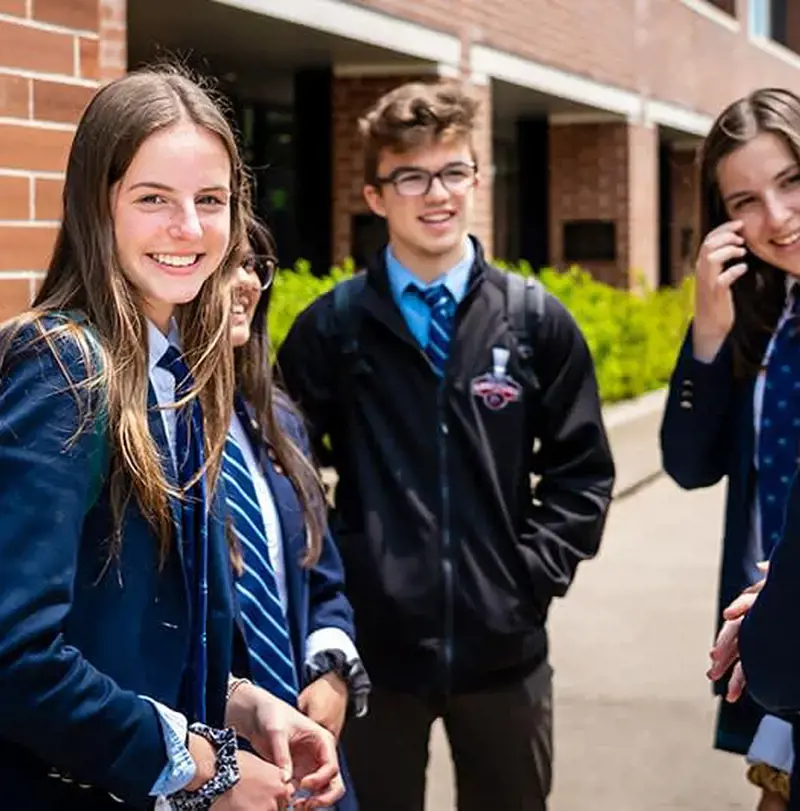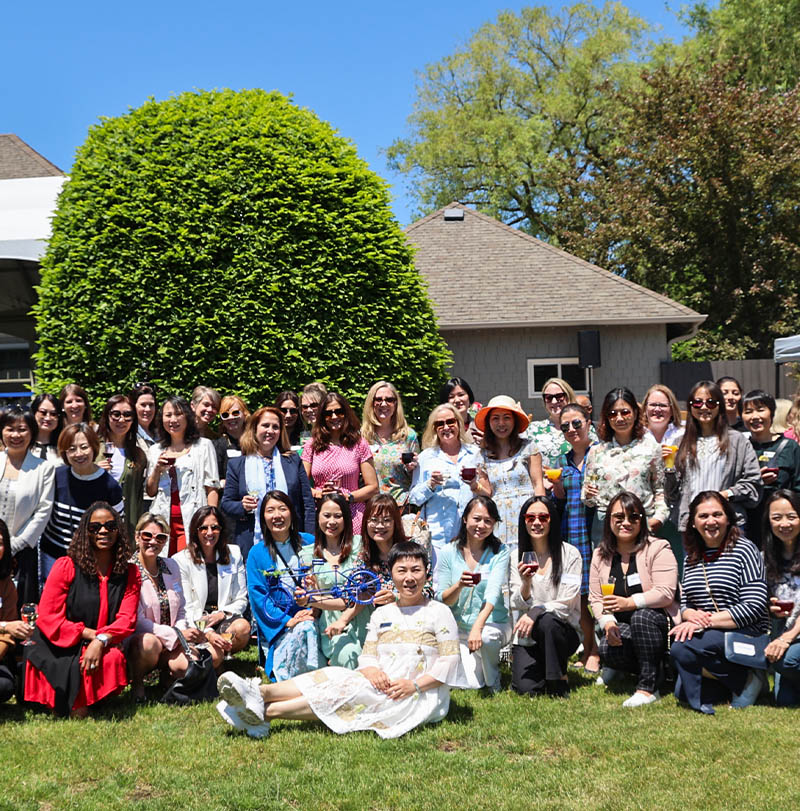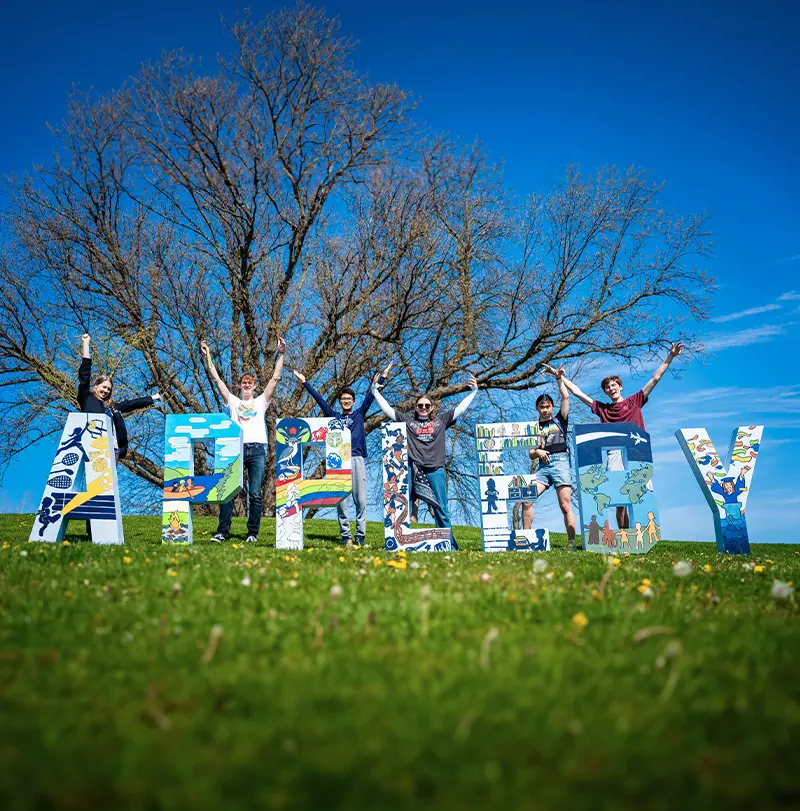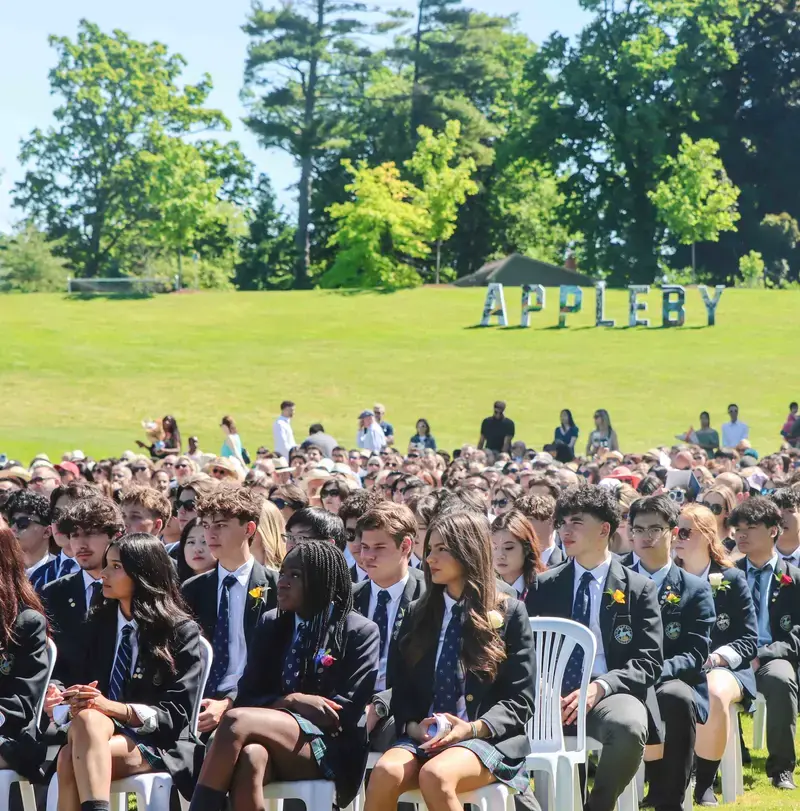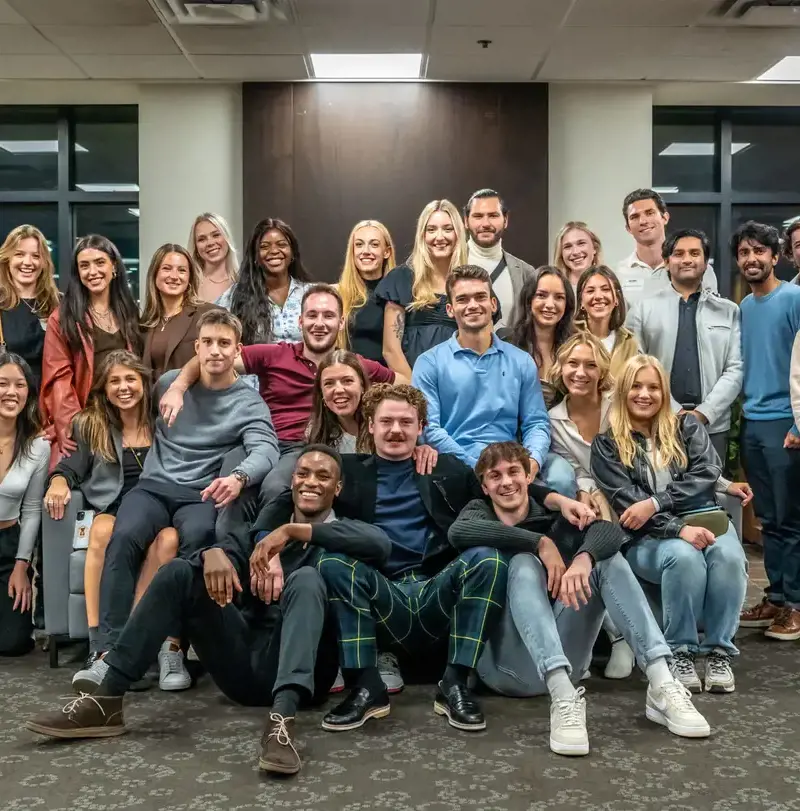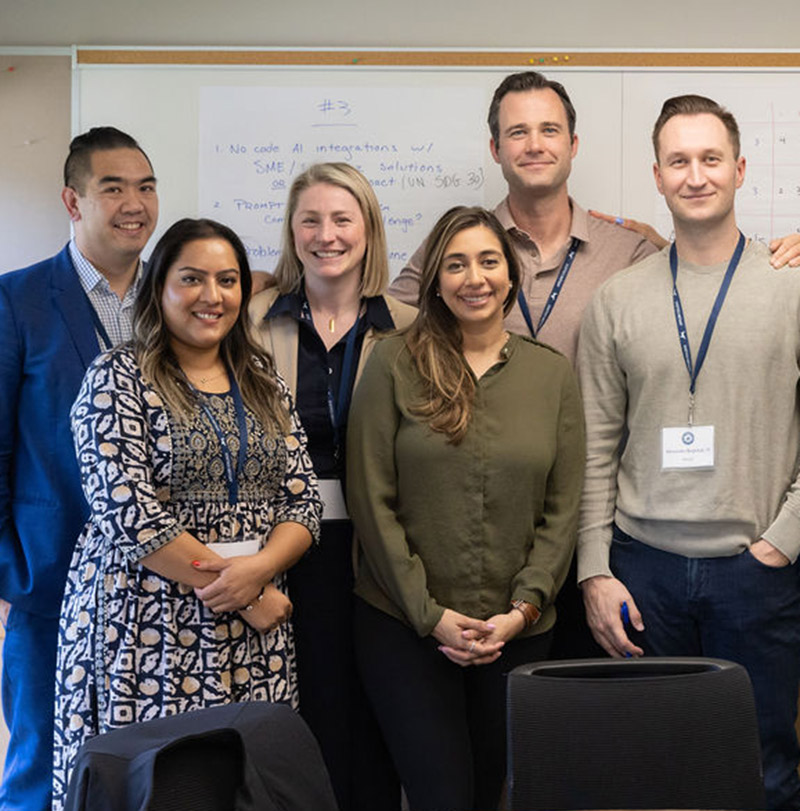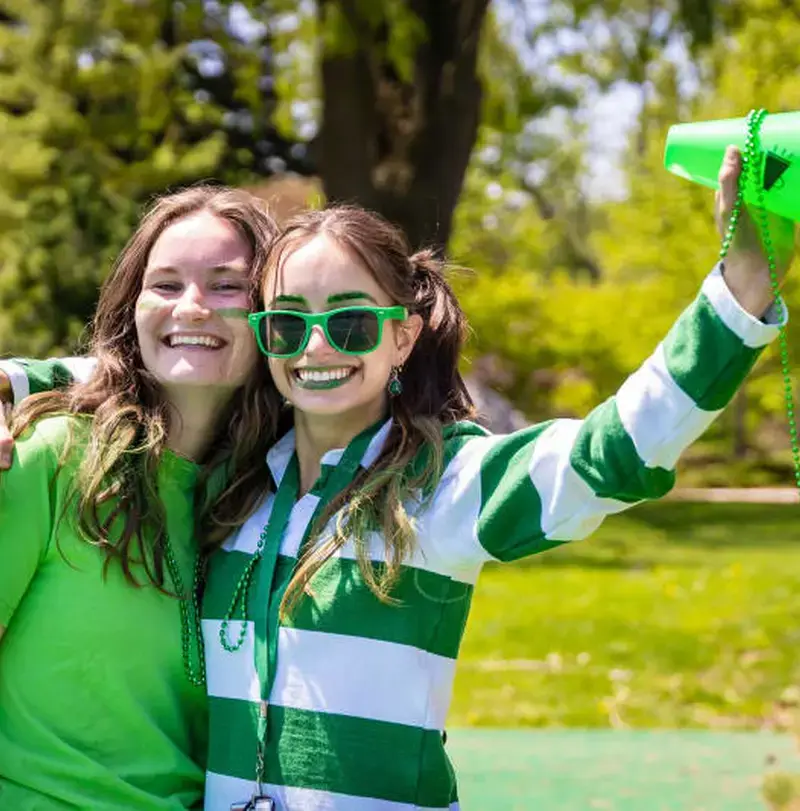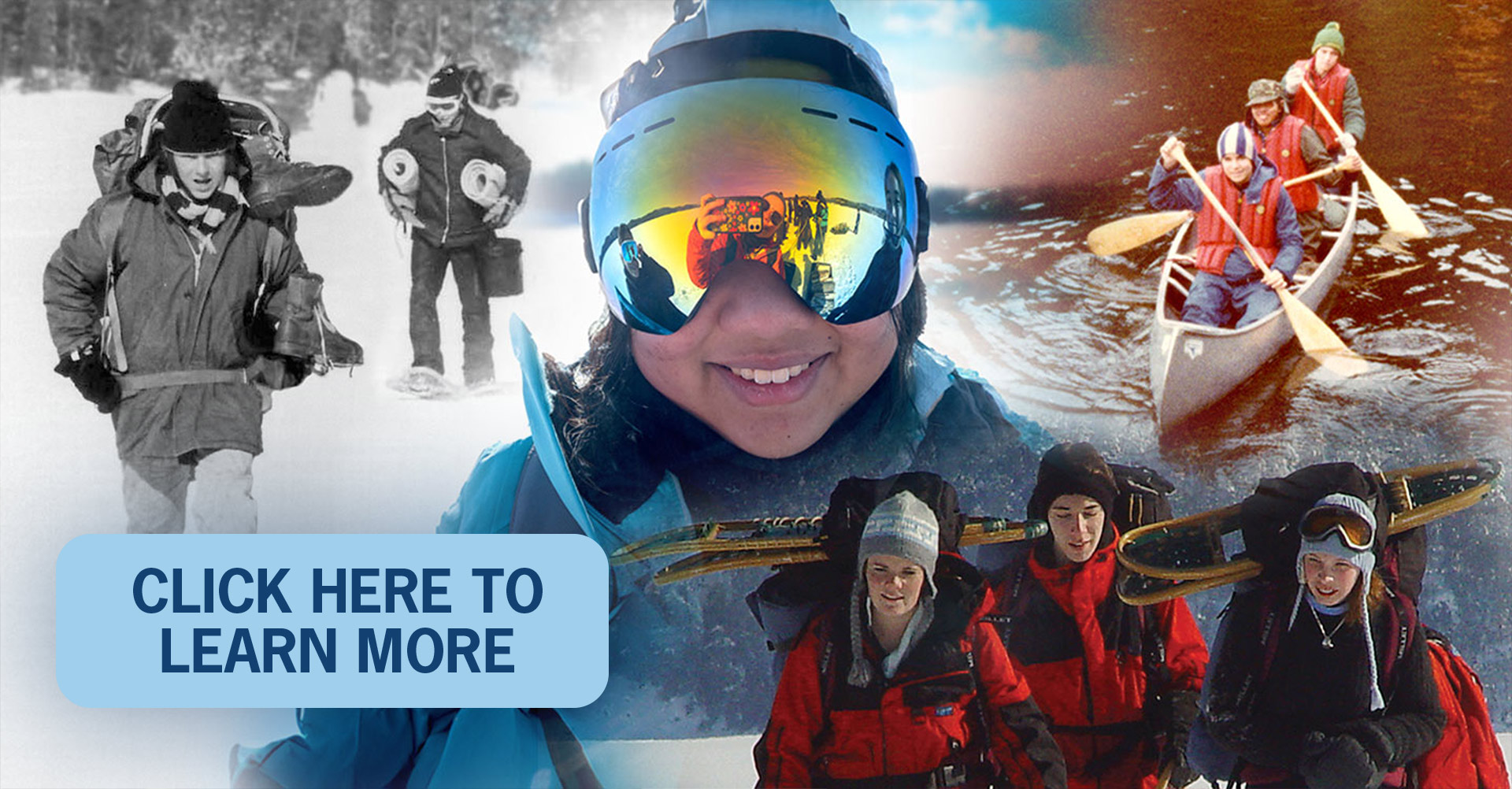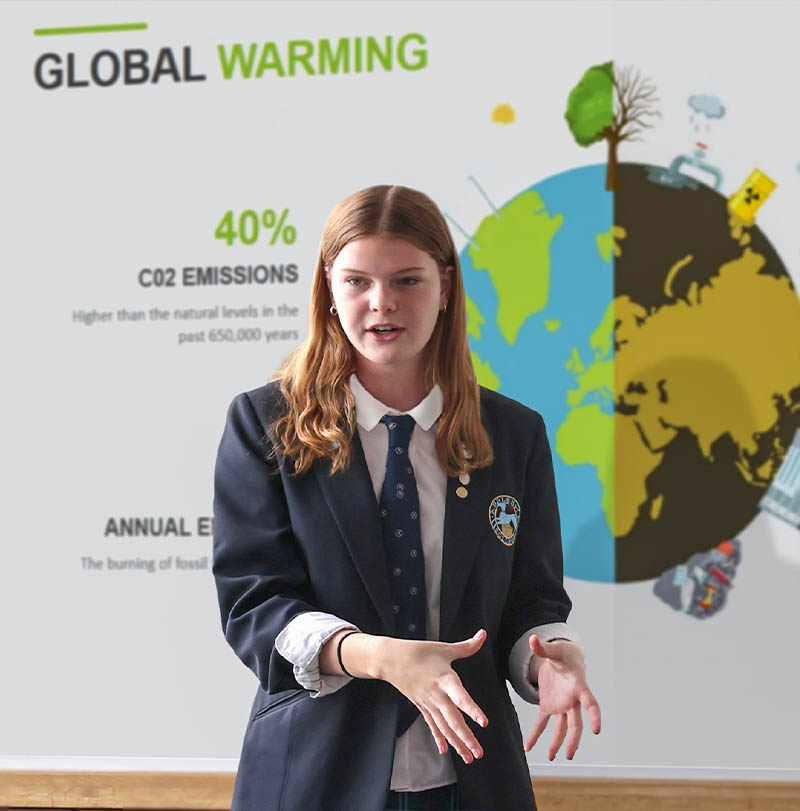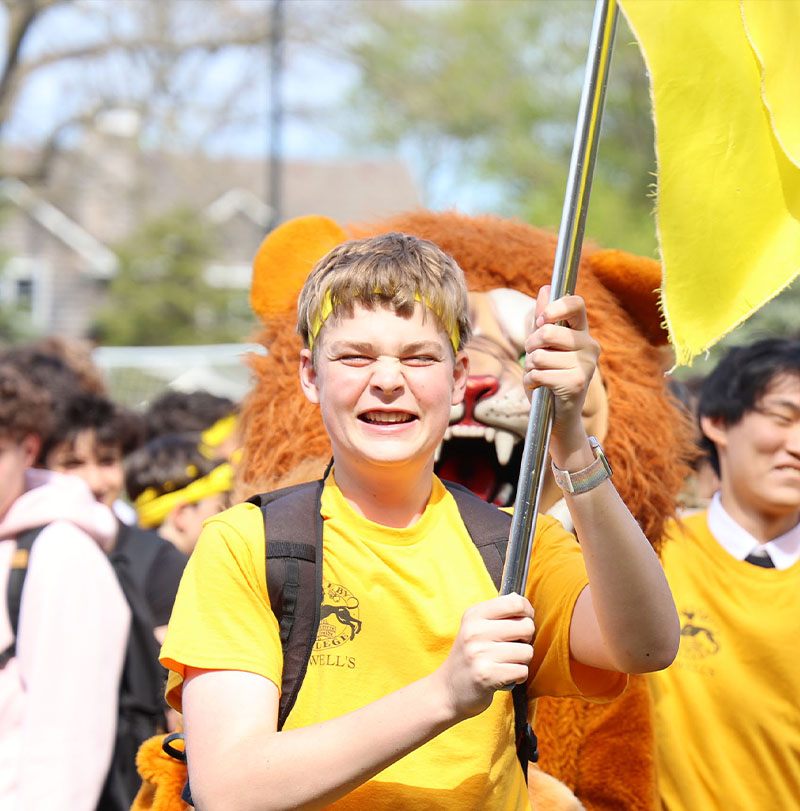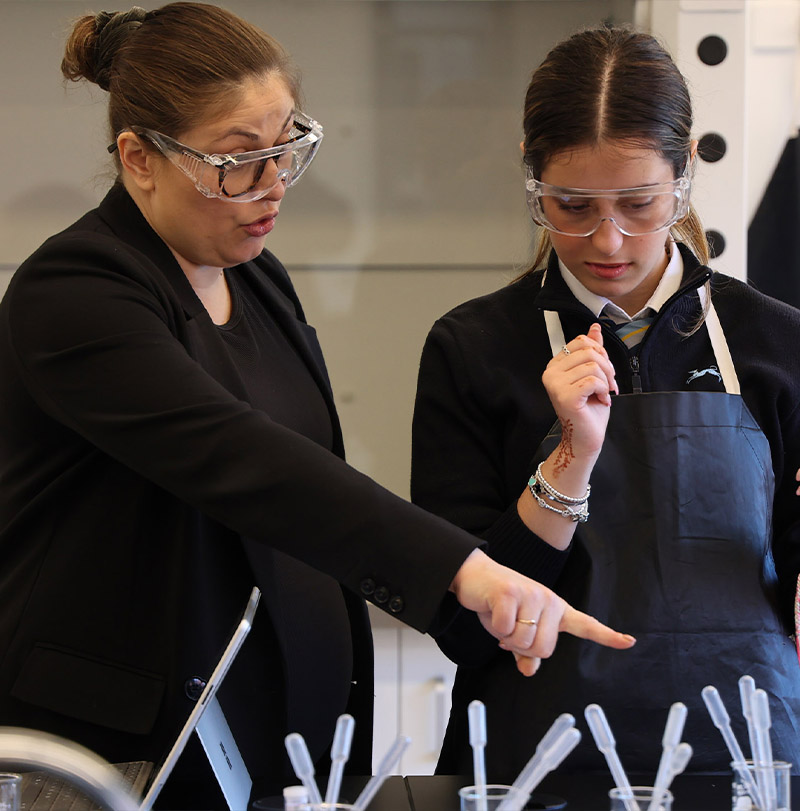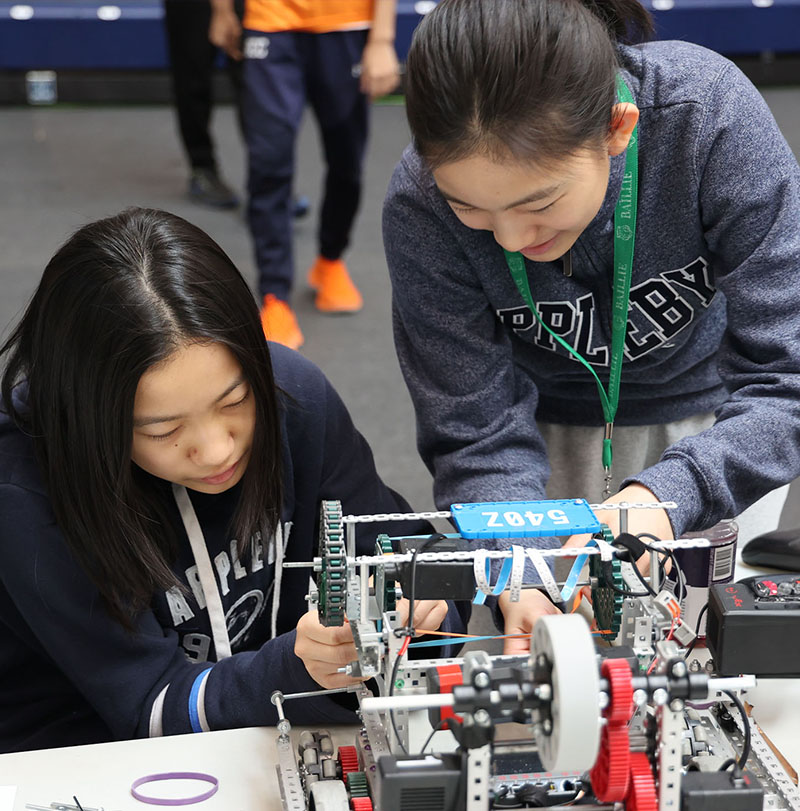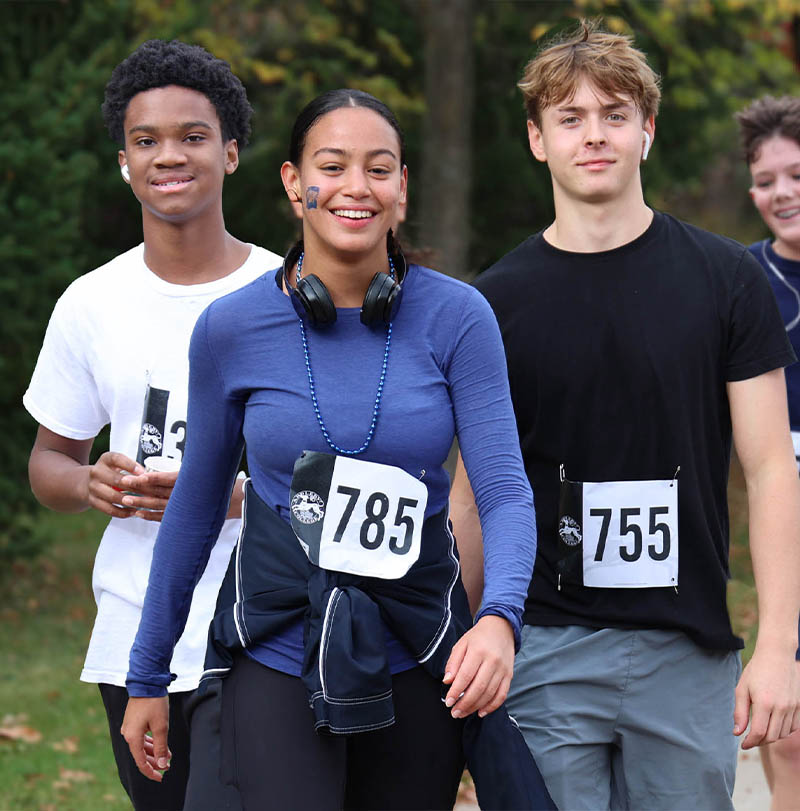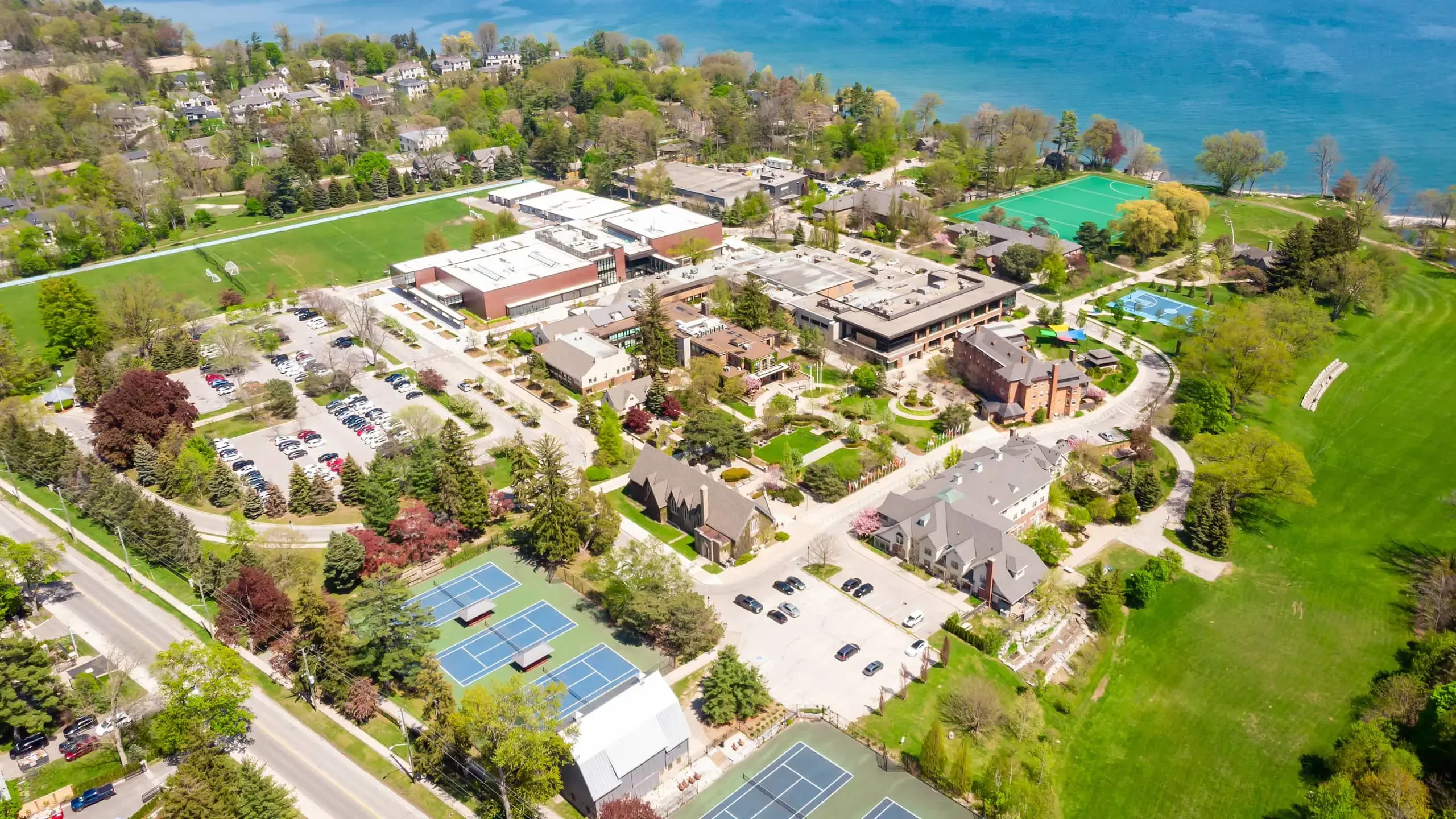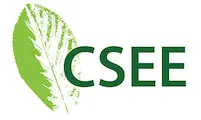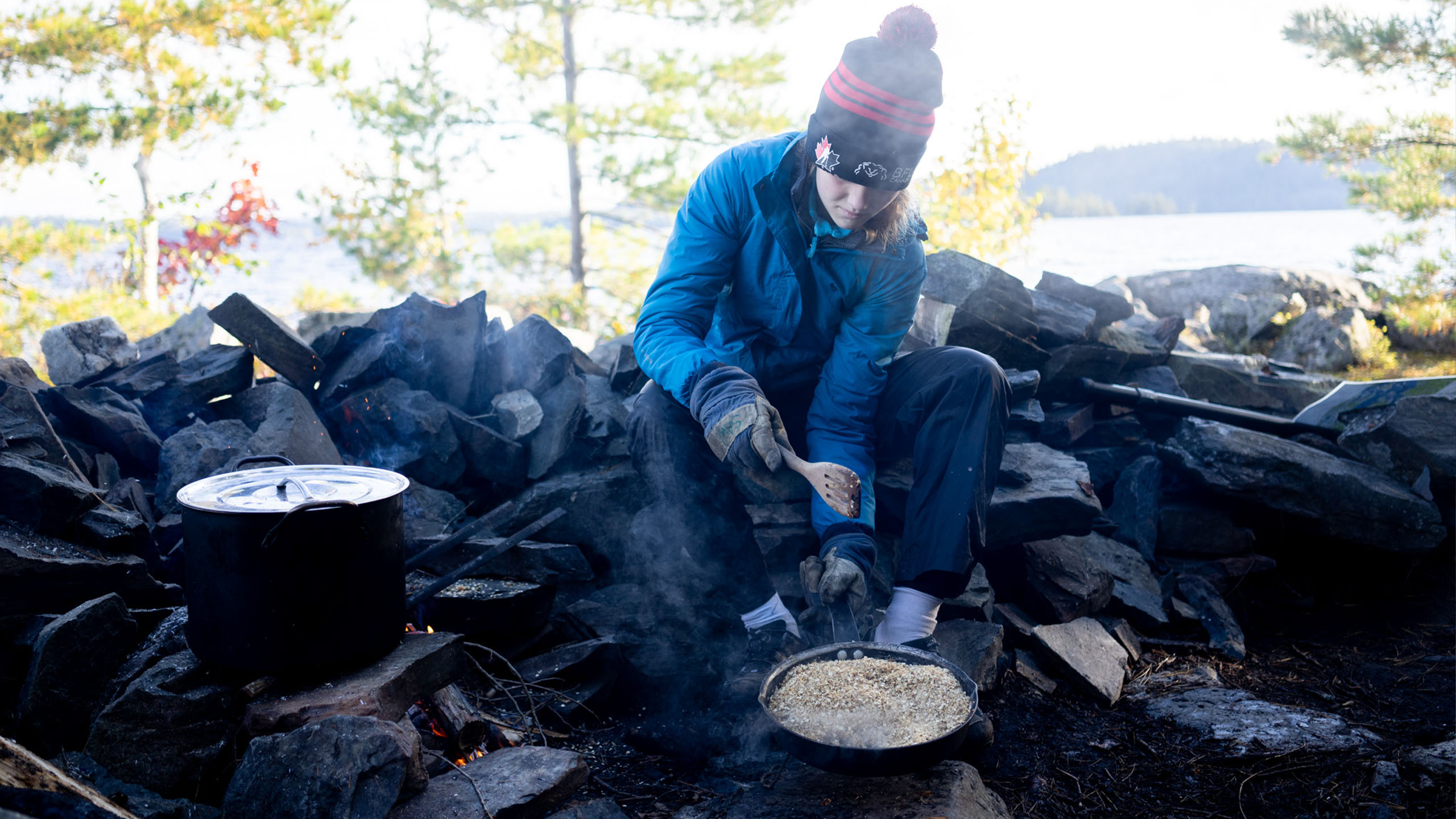
The 50th Anniversary Of The S. Bruce McLaughlin Northern Campus
The Power Of Outdoor Education
"An experiential-driven philosophy provides opportunities to foster growth in learning by self-discovery, developing resilience and focusing on personal and community enrichment."
DOUG STAMPER - DIRECTOR, OUTDOOR EDUCATION
Experiential Education
- Introduces and immerses students into a total experiential learning environment in the Canadian wilderness
- Beginning in Middle One (Grade 7), students participate annually in Outdoor Education trips through to the end of Upper Two (Grade 10)
- Vital life skills are developed such as self-confidence, relationship building, collaboration and team building, and personal growth
- Students grow through supported challenges while participating in canoeing expeditions in the fall and winter camping experiences
Academic Integration
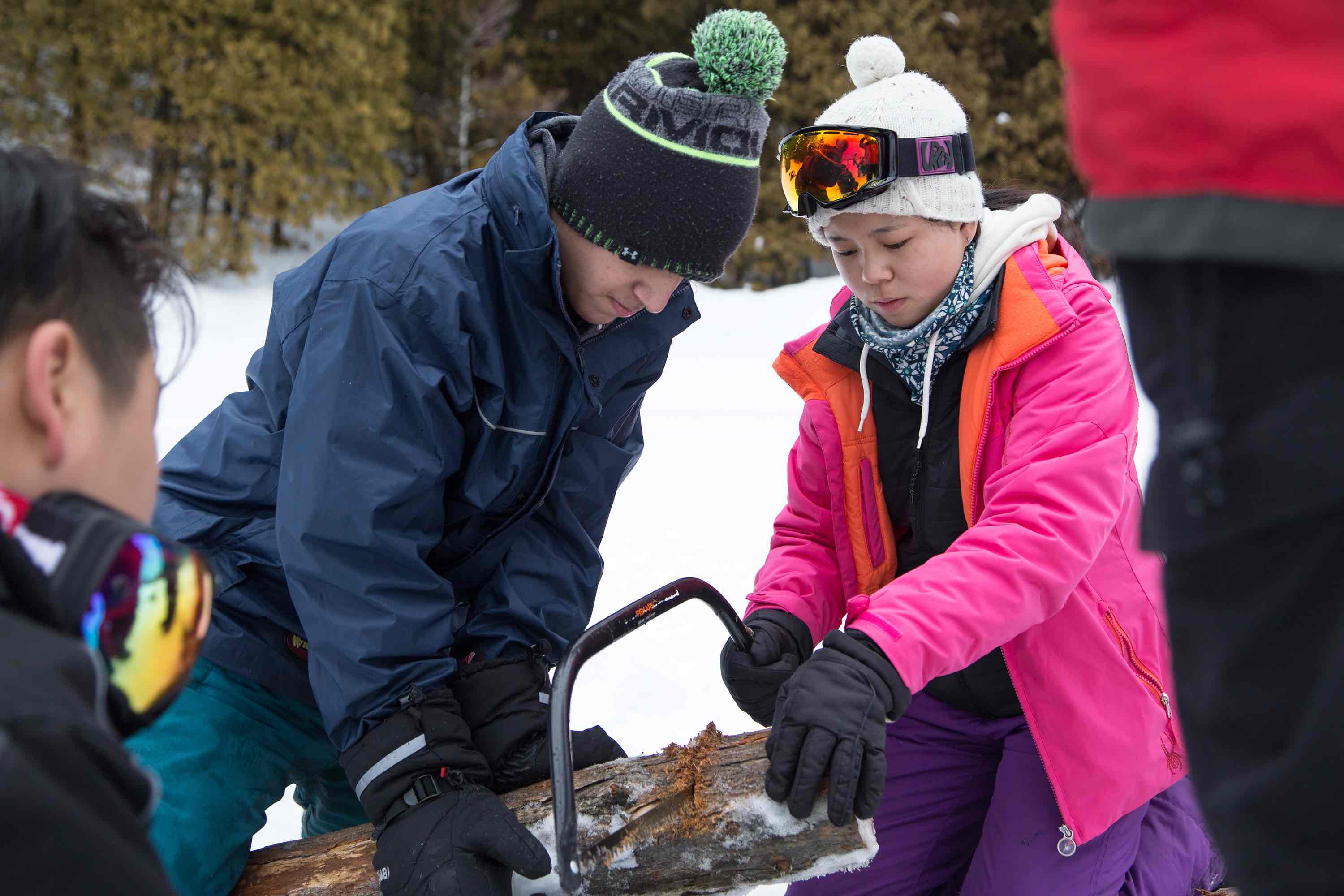
- Middle One (Grade 7) students incorporate their experiential education experiences into Art, English and Indigenous culture
- Upper One (Grade 9) Science students perform a biodiversity comparison between Appleby's northern and main campuses
- Project-based learning built across grades and academic subjects
- Senior One Global Experiential Co-op credit links action research from global trips into Social Science courses
- Experiential education reflection at the core of Senior Two (Grade 12) students' Global Action Plans
Middle School
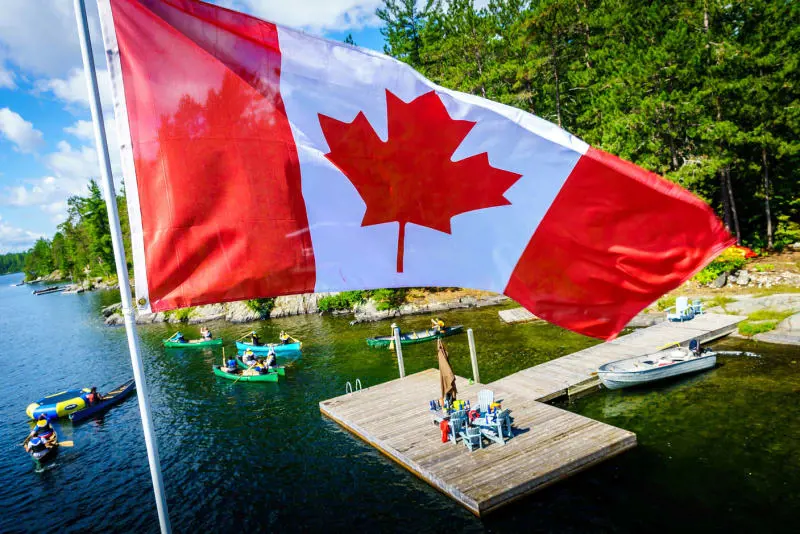
-
In Middle One (Grade 7) students experience Outdoor Education trips to locations such as Camp Kandalore and in the spring, Middle Two (Grade 8) students participate in an Outdoor Education trip to Camp Pine Crest
Upper School
-
Upper One (Grade 9) students participate in autumn outdoor education experiences to learn wilderness navigation techniques, develop an appreciation for the natural environment and build bonds in their advisor group
-
Each winter Upper Two (Grade 10) students participate in a six-day trip to Appleby’s S. Bruce McLaughlin Northern Campus for winter camping and skills development
-
Students receive instruction in a variety of wilderness skills, including snowshoeing, wilderness navigation with map and compass, outdoor cooking and camping skills
-
Each group is assigned one Senior Two (Grade 12) and two Senior One (Grade 11) outdoor instructors
Senior School
-
Senior Two (Grade 12) and Senior One (Grade 11) students in the Outdoor Leadership classes participate and aid in guiding the Upper Two (Grade 10) winter trip
-
Leadership team transfers knowledge and skills associated with the outdoors
-
Outdoor instructors exemplify and promote co-operation, self-confidence, commitment, trust, responsibility and common sense
-
Students travel by snowshoe, cook over open fires and spend two nights sleeping in a quinzhee, a snow-shelter they build themselves
S. Bruce McLaughlin Northern Campus
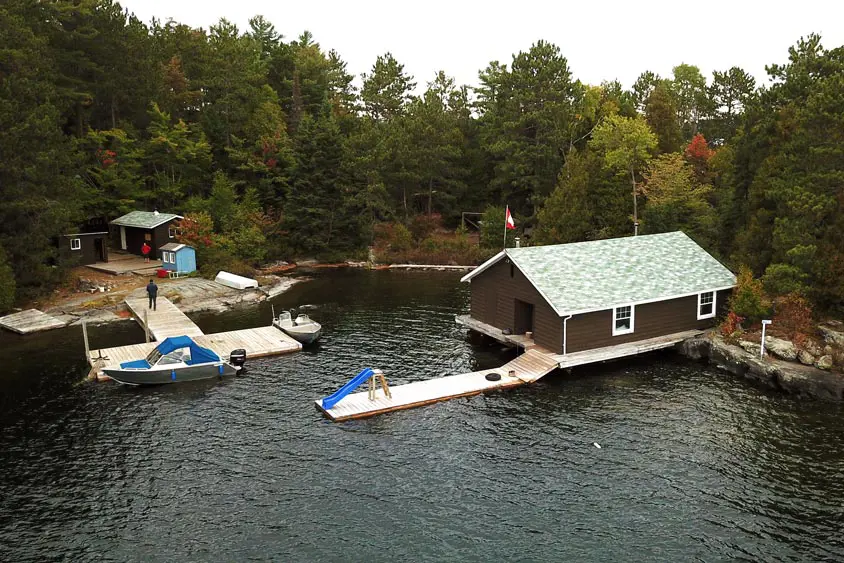
- In 1973 benefactor and parent Bruce McLaughlin made a gift to Appleby of Rabbitnose Island in Temagami, Ontario
- An 11-acre property in the heart of North Arm, Lake Temagami
- Core principles include training for leadership, an active reverence for nature and the environment, development of self-discipline, self-awareness and confidence, and growth of maturity and responsibility
Outdoor Education Facts
523Kilometers From Appleby to the S. Bruce McLaughin Northern Campus in Temagrami |
250+Paddle Strokes Each Fall On Lake Temagami |
1973Year the S. Bruce Mclaughlin Northern Campus |
11Acre S. Bruce Mclaughlin Northern Cmapus |
50+Senior School Outdoor Leaders |
|
|
